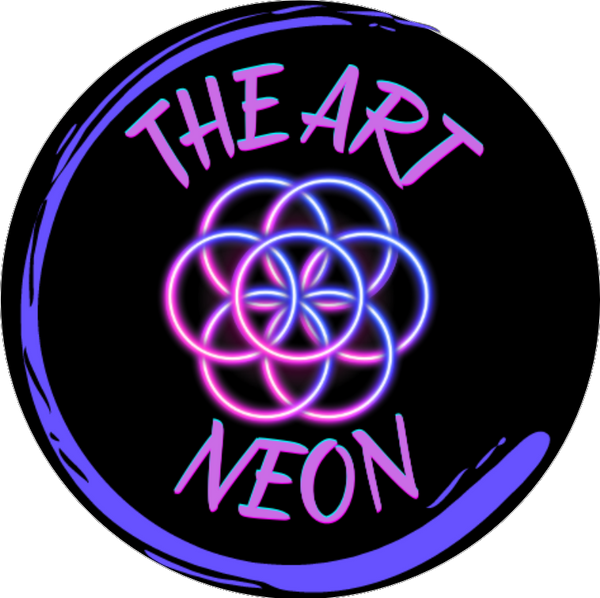In today’s competitive world, establishing a strong personal brand is essential for standing out and making a meaningful impact, whether you're a job seeker, entrepreneur, or professional. Your personal brand is your unique promise of value and how you present yourself to the world. This guide will help you understand how to create and promote a personal brand that reflects your strengths, values, and goals.
1. Identify Your Unique Value Proposition
- Self-Assessment: Reflect on your strengths, skills, passions, and values. What makes you different from others? This could be your expertise in a specific field, your unique approach to problem-solving, or your personal story.
- Define Your Goals: Determine what you want to achieve with your personal brand. Are you looking to advance in your career, attract new clients, or establish yourself as an industry thought leader?
2. Develop a Consistent Brand Message
- Craft Your Elevator Pitch: Develop a clear and concise statement that summarizes who you are, what you do, and what you offer. This pitch should be compelling and memorable.
- Create a Brand Statement: Write a brand statement that encapsulates your mission, vision, and core values. This statement will guide how you communicate your brand across different platforms.
3. Build Your Online Presence
- Create a Professional Website: Your website serves as the central hub for your personal brand. Include a portfolio of your work and a contact page. Ensure your website reflects your brand’s aesthetics and message.
4. Leverage Social Media
- Choose the Right Platforms: Select social media platforms that align with your brand and where your target audience is active. LinkedIn, Twitter, Instagram, and Facebook are popular choices.
- Consistent Branding: Maintain a consistent look and tone across all your social media profiles. Use high-quality images, and ensure your bios and posts reflect your brand message.
5. Create Valuable Content
- Engage with Your Audience: Respond to comments, participate in discussions, and provide helpful information. Engaging with your audience builds relationships and enhances your credibility.
6. Network and Build Relationships
- Attend Industry Events: Participate in conferences, workshops, and networking events relevant to your field. These events provide opportunities to connect with like-minded individuals and expand your network.
- Collaborate with Others: Partner with influencers, industry experts, or other professionals to create joint content, host webinars, or collaborate on projects. This can increase your visibility and credibility.
7. Showcase Your Expertise
- Public Speaking: Seek opportunities to speak at events, webinars, or workshops. Public speaking can help you establish authority and reach a wider audience.
- Publish Articles or E-books: Write and publish articles, e-books, or whitepapers on topics related to your expertise. This demonstrates your knowledge and positions you as an expert in your field.
8. Monitor and Manage Your Brand
- Track Your Brand’s Performance: Use analytics tools to monitor your website traffic, social media engagement, and other key metrics. This data helps you understand how your brand is performing and identify areas for improvement.
- Adjust Your Strategy: Be flexible and willing to adjust your branding strategy based on feedback and performance data. Continually refine your approach to ensure it aligns with your goals.
9. Maintain Authenticity
- Be Genuine: Authenticity is key to building trust and credibility. Stay true to your values and personality, and avoid presenting a false image to attract attention.
- Share Your Story: Connect with your audience by sharing your personal journey, including challenges and successes. Authentic storytelling helps build a deeper connection with your audience.
10. Promote Your Personal Brand
- Leverage Public Relations: Write press releases, pitch stories to media outlets, or seek features in industry publications to gain exposure for your personal brand.
- Invest in Advertising: Consider using targeted advertising on social media or search engines to reach a broader audience and enhance your brand’s visibility.
Incorporating Neon Signs into Your Brand
- Personalized Neon Sign: Consider creating a custom neon sign featuring your brand name or a motivational quote. It can serve as a unique visual element in your workspace or at events.
- Neon Sign in Photos and Videos: Use neon signs in your promotional photos and videos to create a distinctive and eye-catching visual identity that reflects your personal brand’s style.
Conclusion
Creating and promoting a personal brand involves a combination of self-awareness, strategic planning, and consistent effort. By identifying your unique value, developing a strong brand message, leveraging online platforms, and engaging with your audience, you can build a personal brand that stands out and aligns with your goals. Remember to stay authentic and continually refine your approach to ensure ongoing success.
